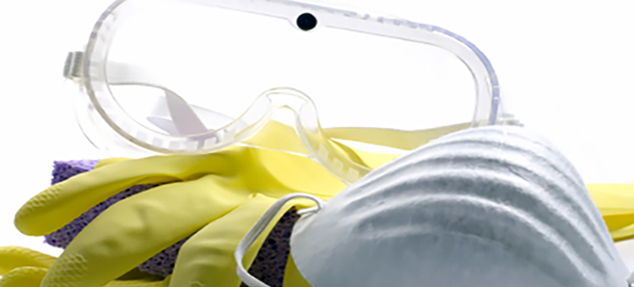
Communities across the Northern NSW region are being urged to be aware of the risk of lead poisoning as they repair and rebuild structures and landholdings after this year’s floods.
North Coast Public Health Unit is encouraging communities to use appropriate protection when fixing their homes, particularly older structures which may contain lead-based primers, paints or dust in roofs and wall cavities that can become a significant health risk.
Dr Paul Douglas, Director North Coast Public Health Unit said elevated blood lead levels can cause anaemia, kidney problems and neurological or developmental effects.
“As repairs continue across the region, people should remain vigilant in dealing correctly with old lead-based products,” Dr Douglas said.
“If you suspect historical lead exists, take precautions to reduce exposure whilst work occurs such as using disposable coveralls and face masks with a P1 or P2 filter when handling or disposing, and do not dry sand or scrape old lead paints. If in doubt, seek advice from a professional lead consultant.”
Lead can harm people of all ages, but the risks are greater for pregnant women, infants and children. For information on lead exposure in children, visit the NSW Health website: https://www.health.nsw.gov.au/environment/factsheets/Pages/lead-exposure-children.aspx
“Pregnant women and young children should also not be present while lead-based paint or other lead-containing products are being removed due to the toxic health risk it presents,” Dr Douglas said.
The NSW Environment Protection Agency website provides useful information on dealing with lead in your home and workplace, including information on renovations. Visit https://www.epa.nsw.gov.au/your-environment/household-building-and-renovation/lead-safety to find out more.
If you are concerned you or your child has been exposed to lead, contact your general practitioner or the Public Health Unit on 1300 066 055.
Independent information and advice on lead contamination and assessments is available from The LEAD Group on 1800 626 086 or visit www.lead.org.au.